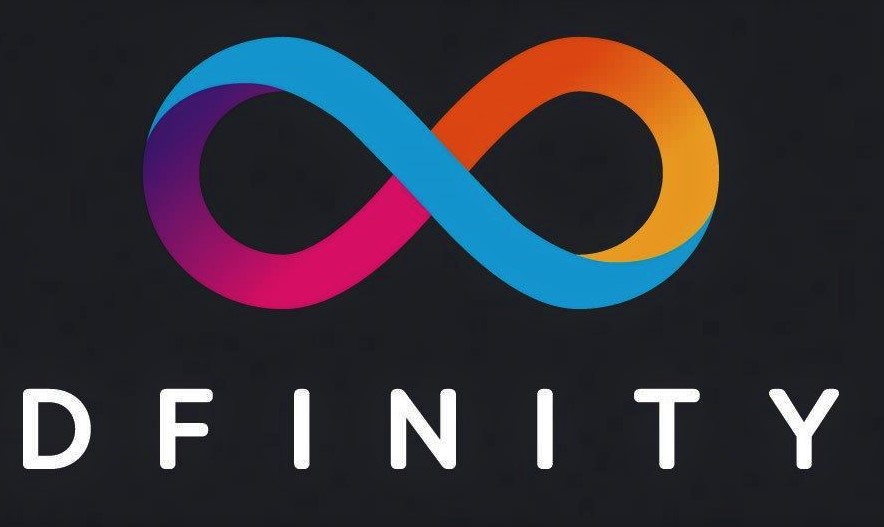
Internet Computer Coin
24hr
| Low : $3.97 | High:$4.20 |
The Internet Computers is a third-generation blockchain network that supports smart contract computing and the creation of dapps with unlimited capacity. It stores and organizes data efficiently and provides a framework for software developers to speed up the web. Internet Computing (ICP) is DFINITY, a Swiss foundation founded in 2016 by Dominic Williams.
It deals with crypto and has a strong team of developers around the world. He is on a mission to free the internet and make it decentralized by removing control from tech giants like Google, Amazon, and Microsoft (part of his 20 vision).
History of ICP price
The highest ICP came on the first day of its release, its price at $640 on May 10, 2021 by CoinMarketCap. This is different, since it was the first day it was released. Investors started selling and the price fell to almost $250 that same day.
Unexpectedly, others bought the investment and raised the price again to around $550 the next day. However, ICP prices have been falling steadily ever since. As of May 26, ICP’s price is around $130.
Working Principle of ICP
In terms of performance, the internet computer is one of the most complex networks in the cryptocurrency market. The creators of PKI plan to replace the current Internet infrastructure, which is mostly private. The main goal of ICP is to replace the internet that people use today. The technology behind ICP is called Chain Key Technology. This technology has other systems, namely Threshold Relay consensus, Network Nervous System (NNS), Internet Identity (IID), and a few others that we will discuss shortly. The Internet computer network has 48 data centers around the world. In these companies, thousands of nodes work, protecting the network. These nodes form a subnet when connected together. Subnets are considered blockchains in themselves and have a proof-of-stake (PoS) system. The more tokens are paid, the more rewards will be earned. A part of the node is chosen to support the transaction and receive rewards in tokens based on the staked token. This technology is the first of its kind and is known as a breakthrough.

Similarly to Ethereum, the Internet computing network supports the launch of decentralized applications (DApps) on its network. However, smart contracts are very easy to operate in the ICP network, so the “improved” version of the smart contract in the ICP network is known as canisters.
Canisters can be replicated and updated in other subnets without assistance from the host. These canisters work in the most powerful data centers of the ICP network. That is why ICP can run on the web, which makes it effective. Also, unlike smart contracts, users will not have to pay for working gas and cartridges unless transactions are involved. Canister’s programming language is Motoko. Another part of the PKI network is the Internet Identity (IID). Anyone wishing to purchase ICP tokens or use them for ICP network services must create an online identity. When you create an IID, you also create a wallet for your ICP tokens. The device you use to create the IID will be the same device you use to validate transactions. Additionally, you can use this device to sync other devices within the same IID.
Key Chain technology, mentioned above, allows subnets of the ICP network to communicate with each other. This is achieved through the Nervous System Network (NNS) of the ICP. So what is this NNS? NNS works on a hierarchical basis. The first is the data center level, where the NNS determines which nodes can join the network and which cannot. The second level is the node level, where the NNS is responsible for identifying non-functional nodes and removing them from the network.
The third level is the subnet level, where the NNS is responsible for determining the nodes that form the subnet, and generating subnet keys (public and private). The next level is the notification level, where the NNS decides whether the canisters should be updated or not.
NNS itself goes through the pack. The types of canisters available at NNS are Registry Canisters, Registry Canisters, and Governance Canisters. The newsletter contains all the information about the IID network. A directory is involved in configuring the network. The power grid is involved in the voting process of the network. The ICP indicator is an Internet computer hardware indicator. The total number of computers on the Internet is about 470 million ICPs. Currently, approximately 24 million ICPs are in circulation. More ICP brands are expected in the coming years. There are three cases of ICP signals in the ICP network:
Policy: users can lock their PKI tokens and use them to create Neurons. These neurons are used to vote for the governance of the network. Canister Charge: Users can convert their ICP tokens into rounds. Unlike the ICP index, cycles have long-term stable prices. They can be used to charge canisters on the network. 1 ICP equals 1,000 billion cycles. These cycles are also fired so that their value does not fall with inflation.
Rewarding: Users who lock their PKI can vote. Since the lock-in period can vary from six months to eight years, the network pays candidates for their participation based on the number of tokens locked. Additionally, data centers receive grants for network security.
The value of ICP
Cryptocurrencies are very different, which is one of their unique characteristics. Here are three ways Internet Computing is different from the competition:
It allows anyone with an Internet connection to write software. Anyone can create applications using blockchain technology, allowing them to bypass large IT companies.
It is not cloud based but runs on a decentralized network. According to Dominic Williams, the creator of Dfinity, Internet Computing works on dedicated hardware that is put together by independent parties, unlike many other blockchains that run in the cloud.
It’s fast. In contrast, most other cryptocurrencies take 30 minutes or more to trade, according to Dfinity.
Internet computing should be considered distinct from money, although the term is often used interchangeably.
Disadvantages of ICP
If you want to participate in the Internet Computer, you will need a more powerful hardware, which can break the rules of arbitrary behavior by limiting the number of members. Only big players with big money will set up a data center and participate if the hardware requirements are very high. Distributed networks certainly carry harmful information, but who bears the responsibility? Internet computers now use some form of moderation, but they can also manipulate anyone at any time. In a perfect world, the Internet (and other encryption systems) will create a solution that allows administrative control to solve these complex problems.

